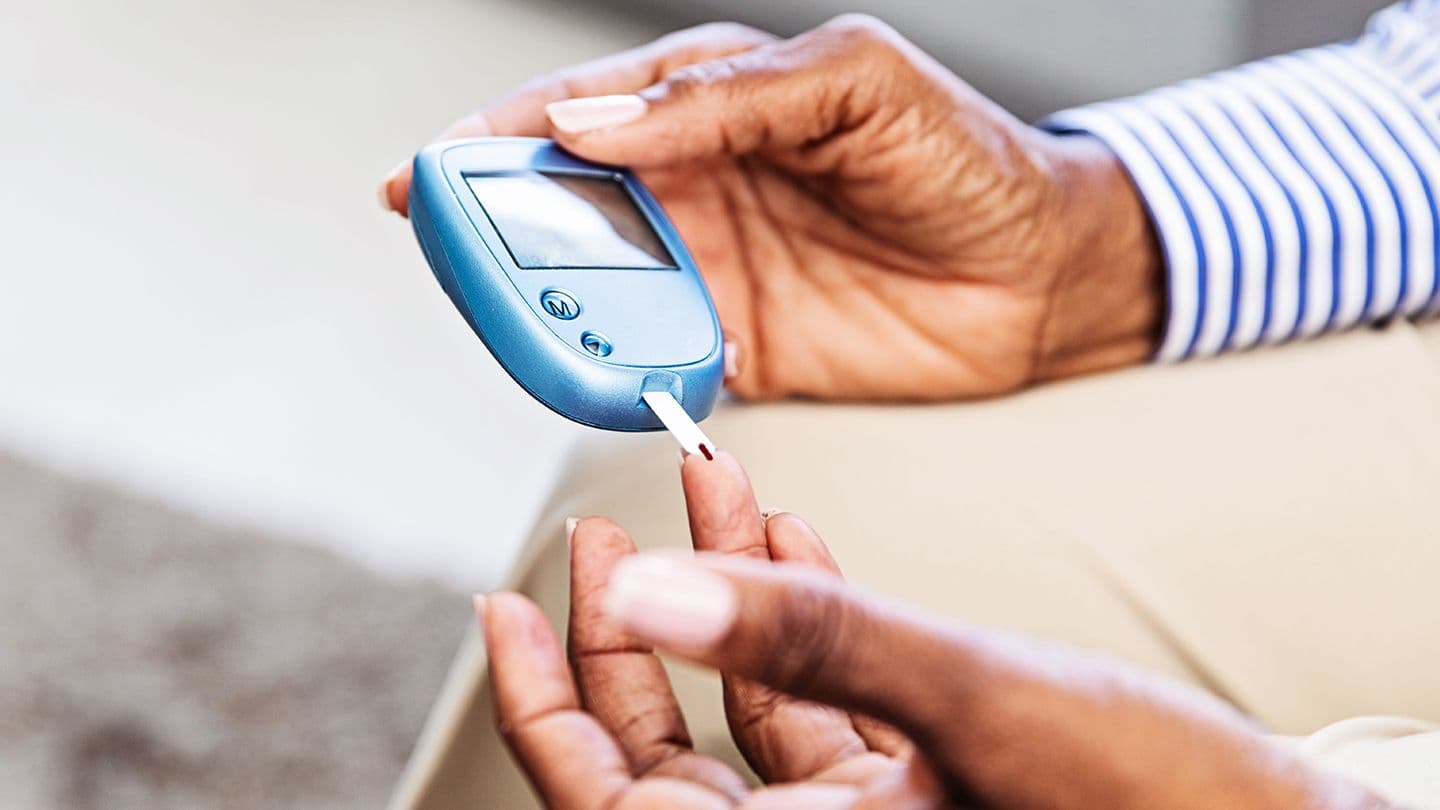
Breastfeeding is a beautiful bonding experience between mother and child that provides optimal nutrition for babies. However, many new mothers are surprised by how draining breastfeeding can be, especially in the first few months postpartum. Feeling exhausted is very common when breastfeeding, but why exactly does it zap so much energy?
The Hormones of Breastfeeding Lead to Fatigue
Breastfeeding involves a complex interplay of hormones that allow mothers to produce breast milk. Two key hormones are prolactin and oxytocin.
Prolactin is responsible for milk production. Levels of prolactin rise during pregnancy and increase further after birth in response to the infant suckling at the breast. High prolactin levels signal the body to make breast milk, but also have the side effect of suppressing estrogen levels. Estrogen is a hormone that promotes energy, so low estrogen coupled with high prolactin leaves mothers feeling tired.
Oxytocin is released when the baby feeds at the breast. Oxytocin contracts the mammary glands, allowing milk to flow freely. But oxytocin also promotes relaxation and sleepiness, which contributes to mothers feeling drained.
Additionally, thyroid hormone levels can dip after giving birth, potentially worsening fatigue. The drop in thyroid hormones combined with hormonal shifts of prolactin and oxytocin create the perfect storm for exhaustion.
Breastfeeding Requires Extra Calories
Producing breast milk is energetically expensive for the mother’s body. Mothers use extra calories to enable lactation, which can total 500 extra calories per day. The caloric expenditure of breastfeeding is similar to that of strenuous exercise.
If mothers do not replenish those calories by eating more, they can easily become fatigued. Lack of proper nutrition dampens energy levels. New mothers are often busy caring for their infant and neglect their own increased nutritional needs.
Additionally, breastfeeding uses about 88 calories per day just to produce the milk itself. The caloric loss can contribute to mothers feeling drained over time if not accounted for.
Sleep Disruptions Add Up
Breastfeeding mothers often find their sleep disrupted, both from the demands of their newborn and from hormones.
Prolactin inhibits dopamine, a neurotransmitter that promotes wakefulness. As prolactin levels rise, mothers can feel sleepier.
Oxytocin, released during feeding, has a tranquilizing effect that can make mothers drowsy. Its impact is heightened at night.
When mothers do try to sleep, the need to wake for nighttime feedings prevents long, uninterrupted sleep. Frequent wakings deprive mothers of restorative deep sleep and REM sleep that provide energy.
The sleep deprivation caused by round-the-clock breastfeeding accumulates, leaving mothers utterly exhausted. Getting adequate sleep is essential, but challenging for new breastfeeding mothers.
Returning to Normal Takes Time
In the first couple weeks after birth, mothers produce colostrum. This nutrient-dense “pre-milk” takes less energy to produce.
But 2-4 days after birth, mature breast milk comes in. The large volumes required take a toll, especially if mothers are tandem feeding twins or triplets.
Typically, breast milk production regulates around 6-8 weeks postpartum as the body adapts. But until then, the high metabolic demands of producing copious milk can be intensely tiring.
Additionally, mothers continue waking at night for months since babies breastfeed frequently. It takes time for infants to sleep through the night. The prolonged sleep deprivation can perpetuate fatigue.
So in the early months, the combination of intense milk production and ongoing night wakings conspire to leave breastfeeding mothers utterly drained. Only with time will energy levels rebound.
Tips to Combat Breastfeeding Fatigue
Feeling tired from breastfeeding is normal, but mothers can take steps to care for themselves:
- Eat a nourishing diet with extra calories, protein, complex carbs, vitamins, minerals, and healthy fats to replenish nutrients. Stay hydrated too.
- Rest whenever possible – take naps, go to bed early, limit strenuous activity. Don’t feel guilty about enlisting help.
- Ask your partner to handle non-feeding responsibilities – diaper changes, burping, rocking baby to sleep, etc.
- Sleep when the baby sleeps during the day to catch up on rest.
- Limit visitors to reduce social demands on limited energy reserves.
- Have patience – your body is working overtime producing milk. Cut yourself some slack.
- Talk to your doctor if fatigue seems excessive – postpartum thyroiditis or anemia could be factoring in.
- Supplement with formula for one feeding per day to get a longer stretch of sleep.
With self-care, understanding, and time, the intense fatigue brought on by breastfeeding will improve. Be gentle with yourself – your body is doing the important work of fueling your baby’s growth and development. The tiredness is temporary.
The Takeaway – Why Breastfeeding Zaps Energy
Breastfeeding mothers often feel exhausted, especially in the first weeks after birth. The profound fatigue stems from:
- Hormonal shifts that change energy levels
- High caloric expenditure to produce breast milk
- Frequent night wakings that disrupt sleep
- Time needed for milk supply to regulate
Knowing the reasons behind breastfeeding fatigue can help mothers be patient and proactive about self-care. With adequate rest, nutrition and support, energy will return – and mothers will have the satisfaction of providing their infants with the ultimate nourishment. Despite the tiredness, breastfeeding strengthens the lifelong bond between mother and child.








